Not every country greets Americans with open arms and a friendly grin. While many places around the world roll out the red carpet for tourists, others seem to barely roll their eyes. From cultural clashes to language barriers and straight-up national pride, some countries just don’t vibe with the American style of travel. That doesn’t always mean locals are mean—it might just mean their idea of “polite” is totally different from yours. Still, if you’ve ever been on the receiving end of a blank stare, a brusque waiter, or a government official who acts like your passport personally offended them, you know the feeling. This list rounds up 45 countries where American travelers have reported the coldest, bluntest, and most indifferent receptions. Whether it’s just lost-in-translation behavior or something more personal, these are the places where your U.S. charm might fall flat.
1. France
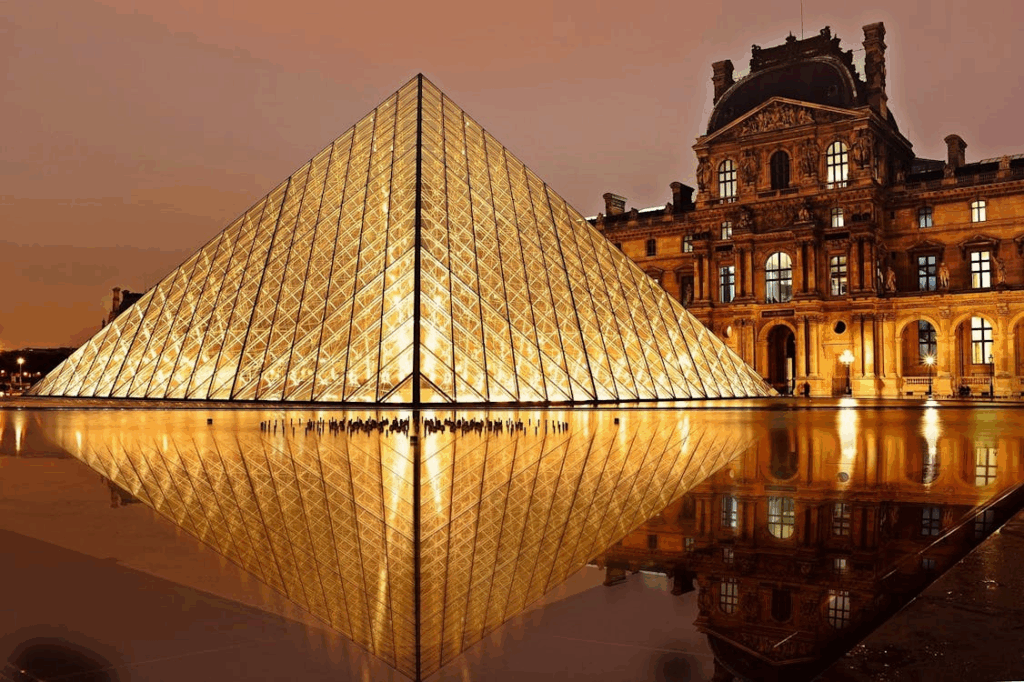
France often ranks high on lists of countries where Americans feel snubbed—and Paris is the epicenter of this sentiment. Tourists complain of curt waiters, retail workers who roll their eyes at questions in English, and locals who seemingly go out of their way not to help. While French people value etiquette and formality, Americans often mistake their reserved nature for arrogance. Many French locals also resent tourists who ignore their customs—like failing to greet shopkeepers with a simple “bonjour” before asking for help. In truth, what Americans perceive as rudeness is often just a cultural difference, especially in communication style and expectations of public behavior. Still, the contrast can feel jarring to U.S. travelers expecting a warm welcome. Ironically, once Americans make an effort to speak a little French or show cultural respect, attitudes tend to soften.
2. Russia
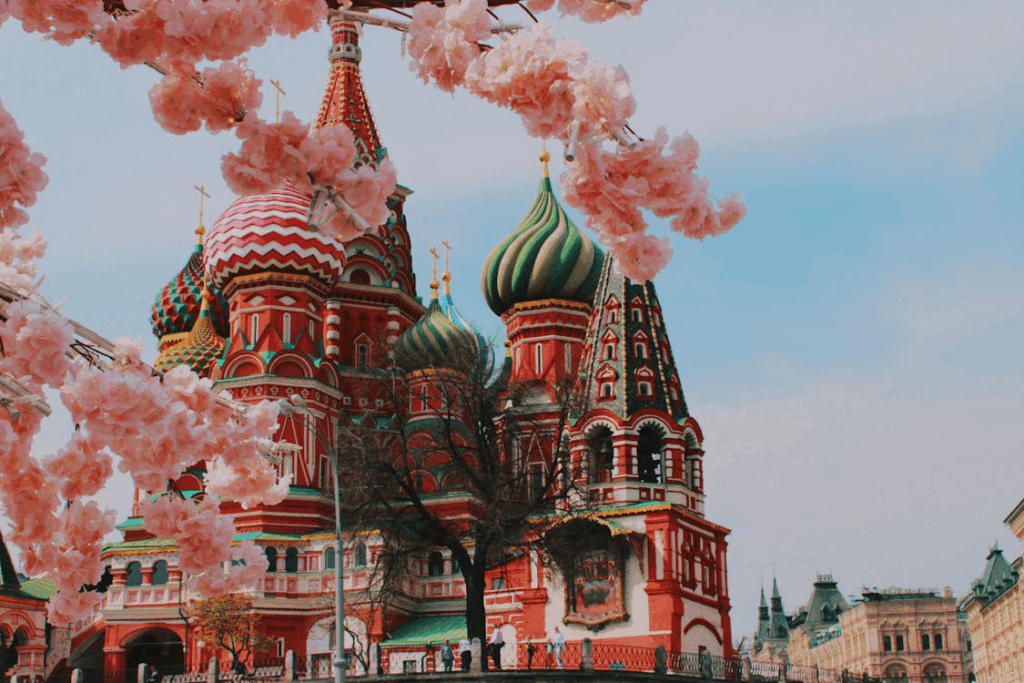
Russia can feel incredibly cold to the average American traveler—and not just because of the weather. Public smiles are rare, small talk is almost nonexistent, and service workers may appear indifferent or impatient. Many Americans are shocked by the lack of customer service friendliness, especially in restaurants and government offices. In Russian culture, friendliness to strangers is not expected or encouraged; instead, stoicism is a sign of strength and professionalism. This cultural divide makes even routine exchanges—like ordering a meal or asking for directions—feel like a confrontation. Political tensions and long-standing mistrust between Russia and the United States may add to the chilly reception some Americans feel. In cities like Moscow and St. Petersburg, English is spoken more often, but even here, warmth is not guaranteed. For Americans used to casual friendliness, Russia’s social codes can come off as deeply unfriendly.
3. China

China is a country of immense beauty and cultural richness, but American tourists often report feeling overwhelmed and underappreciated. Public spaces can feel chaotic, with little regard for personal space, orderly queues, or quiet conversation. Travelers commonly mention being pushed in crowds, stared at openly, or treated brusquely by staff in shops or stations. This is less about personal hostility and more about the high population density and differing cultural norms. In Chinese society, efficiency and directness often trump politeness in service interactions. Americans expecting Western-style customer care may be disappointed. Moreover, the language barrier often adds to the frustration, with many locals unable or unwilling to communicate in English. Still, those who take the time to learn basic Mandarin phrases or travel with a guide tend to report more positive interactions.
4. Germany
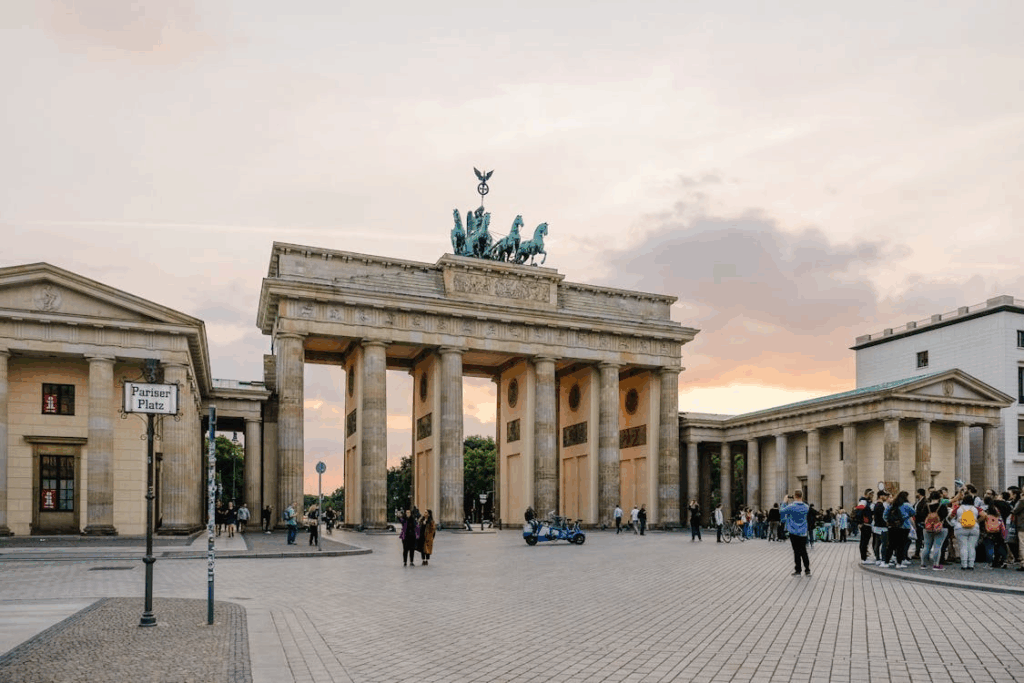
Germany’s reputation for order and precision can sometimes come off as harsh to American visitors. Many U.S. travelers are taken aback by the strict adherence to rules—like never crossing the street on a red light, even when no cars are in sight. Locals may openly scold those who don’t follow the rules, which feels rude to Americans accustomed to more relaxed public behavior. In restaurants, service is efficient but not warm, and smiling excessively can be seen as insincere. The direct style of communication in Germany, especially among strangers, is often mistaken for bluntness or even hostility. Additionally, tipping is more subtle and less expected than in the U.S., which sometimes leads to awkward moments between Americans and service staff. Still, behind the tough exterior, many Germans are kind and helpful—especially when travelers show respect for local customs.
5. Switzerland
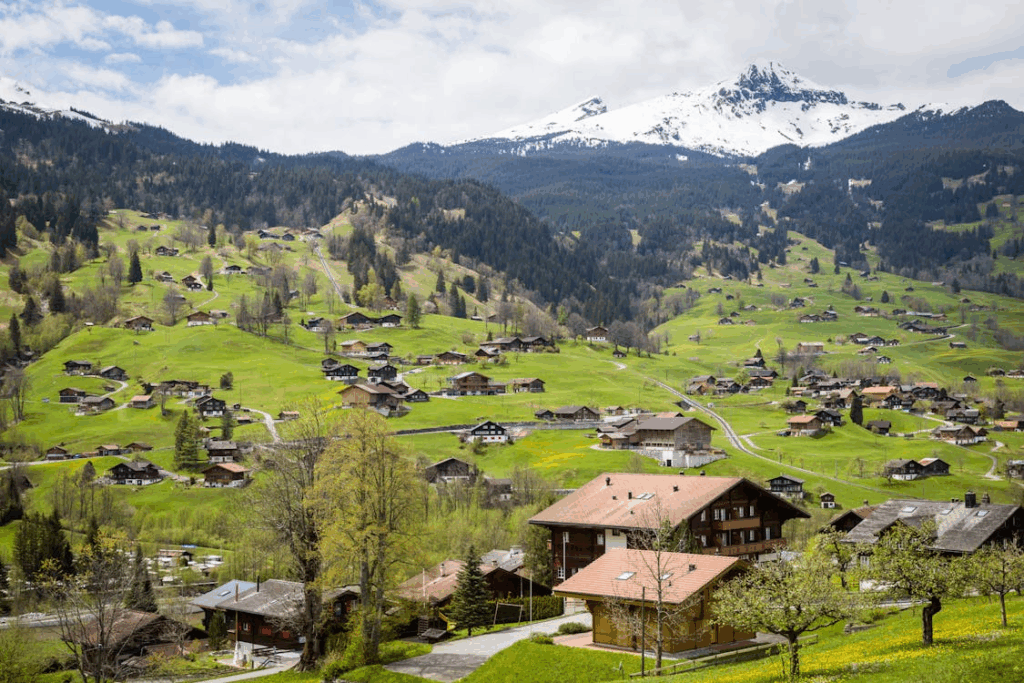
Switzerland is undeniably stunning, but many Americans leave with mixed feelings about the people. The country is clean, safe, and organized—but not especially friendly. Locals tend to be formal, reserved, and highly private. This can feel like coldness or even disdain to American tourists who expect casual conversation or outgoing hospitality. Restaurants and shops often operate with clinical efficiency, and while service is generally good, it rarely includes a smile or small talk. In fact, excessive friendliness from strangers is sometimes viewed with suspicion. Another issue? Americans often find themselves scolded for being too loud in public or for not adhering to subtle etiquette, like keeping their voices down on trains. While rudeness isn’t the intention, the emphasis on social boundaries and personal space often leaves American visitors feeling shut out rather than welcomed.
6. Argentina

Argentina, especially in its capital Buenos Aires, presents a paradox for many American travelers. The country is passionate, proud, and full of character—but not always patient with outsiders. Many visitors report being met with dismissive attitudes in restaurants, shops, and taxis, especially when attempting to speak English. Argentinians value charm and wit, but they also have little tolerance for what they perceive as entitlement or cultural ignorance. If you come across as loud, demanding, or unaware of local customs, expect some cold shoulders. Tipping etiquette is different here, and overly casual behavior may be read as disrespect. While the nightlife and social culture are lively, service interactions—particularly with tourists—can feel rushed or even annoyed. The key to avoiding rudeness? Stay humble, speak a little Spanish, and understand that being assertive here requires a bit more grace.
7. Brazil

Brazil is famous for its vibrant culture and warm people—but that warmth doesn’t always extend to American visitors, especially in urban centers like São Paulo or Rio. While many locals are friendly, others may be blunt to the point of offense, particularly in customer service settings. Americans often interpret this directness as rudeness, especially when service is slow or staff appear disinterested. In Brazil, politeness isn’t always wrapped in smiles; honesty and openness take center stage. Some travelers also report discomfort when locals are overly physical or intrusive by U.S. standards. Additionally, language barriers can add to the confusion. Without basic Portuguese, communication becomes frustrating and leads to mutual impatience. Still, those who adapt to Brazil’s informal, no-frills style of interaction often find more joy than frustration.
8. Japan
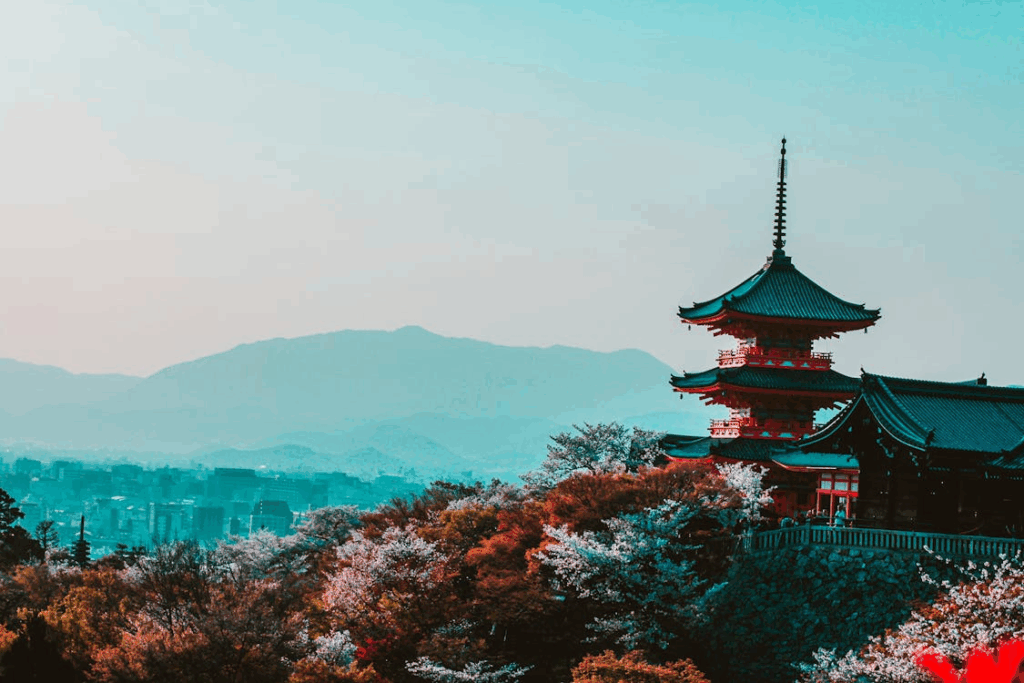
Japan’s culture is rooted in etiquette, respect, and structure—but that can feel intimidating or even unwelcoming to American travelers. Though the country is one of the safest and most efficient places to visit, Americans often feel distanced by the extreme formality and social reserve. In public, silence is prized, and tourists who speak loudly are quietly resented. While the Japanese are never outwardly rude, they can be painfully indirect—especially when dealing with someone who’s violating a social norm. Service is excellent but robotic, and personal warmth isn’t part of the equation. Missteps in behavior, like not removing shoes or tipping, can lead to judgment that isn’t always verbalized. In rural areas, English is rarely spoken, and Americans may feel completely out of place. Japan isn’t rude—it’s just strictly bound by customs that don’t bend for foreigners.
9. Saudi Arabia

Saudi Arabia can be difficult for American travelers due to strict societal rules and cultural expectations. What feels like basic freedom of expression in the U.S.—public affection, certain clothing choices, or religious conversation—can be punishable here. Many Americans report being reprimanded for dress code violations or taking photos in restricted areas. Customer service is highly variable and often indifferent, especially in more traditional settings. Gender segregation adds another layer of confusion for tourists who don’t understand the rules, and public behavior is heavily policed. For Americans used to casual, expressive interactions, this controlled environment can feel tense and hostile. It’s also a country where authority is never questioned, which can feel stifling for Western visitors. With the proper research and respect for local customs, travel here is possible, but it rarely feels relaxed or welcoming.
10. India
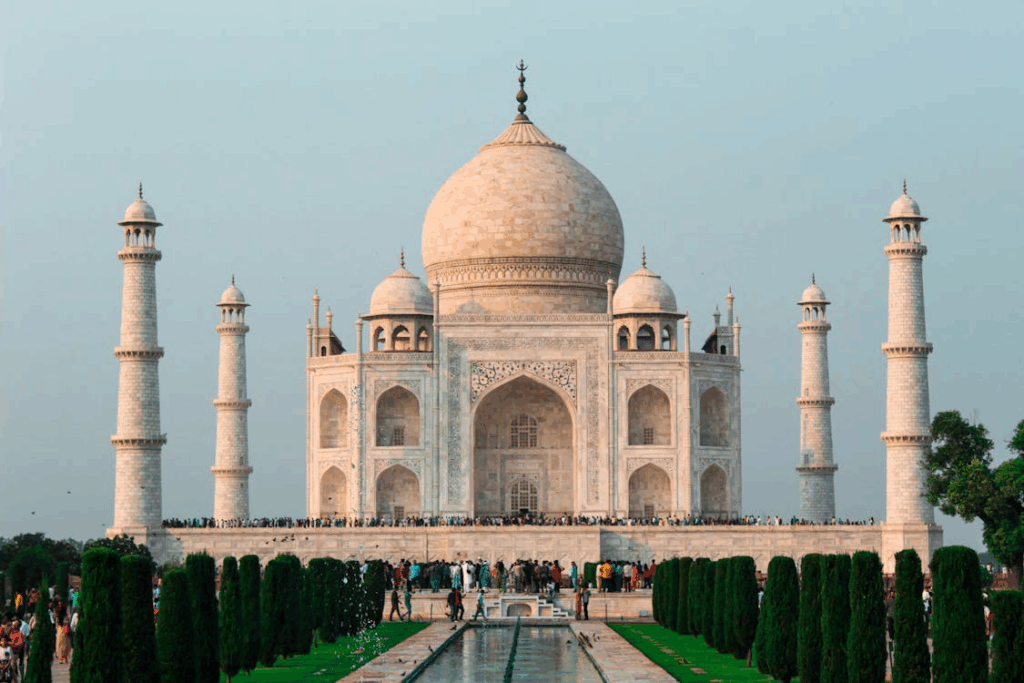
India’s sensory overload is legendary, and for Americans, it can quickly turn from fascinating to frustrating. Cities are packed, traffic is chaotic, and personal space is virtually nonexistent. Many travelers complain of pushy vendors, persistent beggars, and an overall lack of boundaries. Customer service is inconsistent; you may be treated like royalty at a five-star hotel but ignored at a train station. Americans also report culture shock around sanitation, infrastructure, and time management, which can lead to irritation. Haggling is expected, and if you don’t play the game right, you’ll likely be overcharged or dismissed. Rudeness here is often just a function of survival in an extremely fast-paced, high-density society. But for travelers who come prepared and patient, the warmth and hospitality found in homes and smaller communities can be deeply rewarding.
11. Greece

Greece is a favorite for its ancient ruins, stunning islands, and Mediterranean charm, but American travelers sometimes run into a less-than-friendly vibe—especially during peak tourist season. In places like Athens or Santorini, where crowds are overwhelming, service workers can appear short-tempered, impatient, or even irritated by foreign visitors. Some Americans report being ignored at restaurants or getting snappy responses when asking for directions or help. Greek culture is laid-back in many ways, but it also values personal connection and mutual respect. Tourists who come across as entitled or who don’t make an effort to greet or thank staff in Greek may find themselves on the receiving end of cold service. Tipping isn’t as customary, and there’s often confusion around expectations. That frustration, mixed with language barriers, can leave Americans feeling brushed off or rudely handled in places that are otherwise paradise.
12. Italy
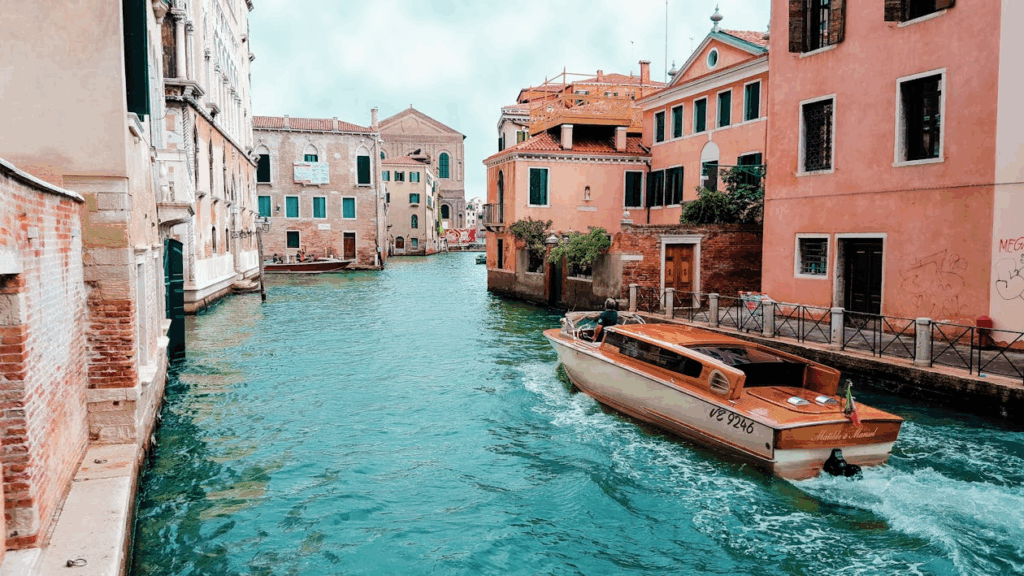
Italy’s charm is legendary, but customer service—especially in tourist hotspots like Rome or Venice—is not always part of the package. Americans often expect the enthusiastic hospitality seen in films, but reality can be far less romantic. Waiters might ignore you for long stretches, retail workers may seem disinterested, and asking for things in English can sometimes draw an eye-roll. In Italy, there’s a cultural emphasis on enjoying life slowly and on the staff—not the customer—setting the pace. Tourists expecting fast, friendly American-style service are bound to be disappointed. What’s more, locals have grown weary of large tour groups and selfie-snapping travelers who disregard etiquette. Italians are fiercely proud of their heritage, and they expect visitors to show the same respect for it. Without that, don’t be surprised if the dolce vita comes with a side of attitude.
13. Egypt

Egypt offers awe-inspiring wonders like the pyramids and the Nile, but navigating the tourist experience can be intense. Americans often find themselves bombarded by persistent vendors, pushy tour guides, or locals demanding tips for the smallest services—even unasked ones. Haggling is expected and part of the culture, but for visitors unfamiliar with it, the pressure can feel aggressive and confrontational. There’s also the issue of scams, with some tourists reporting being misled about prices or sold counterfeit goods. In crowded markets or tourist zones, the relentless attention from those trying to make a living can feel more hostile than helpful. While many Egyptians are genuinely hospitable, the tourism economy’s volatility has fueled desperation and sharp tactics that often translate as rudeness to foreign eyes. Being informed and assertive, but respectful, goes a long way.
14. Morocco
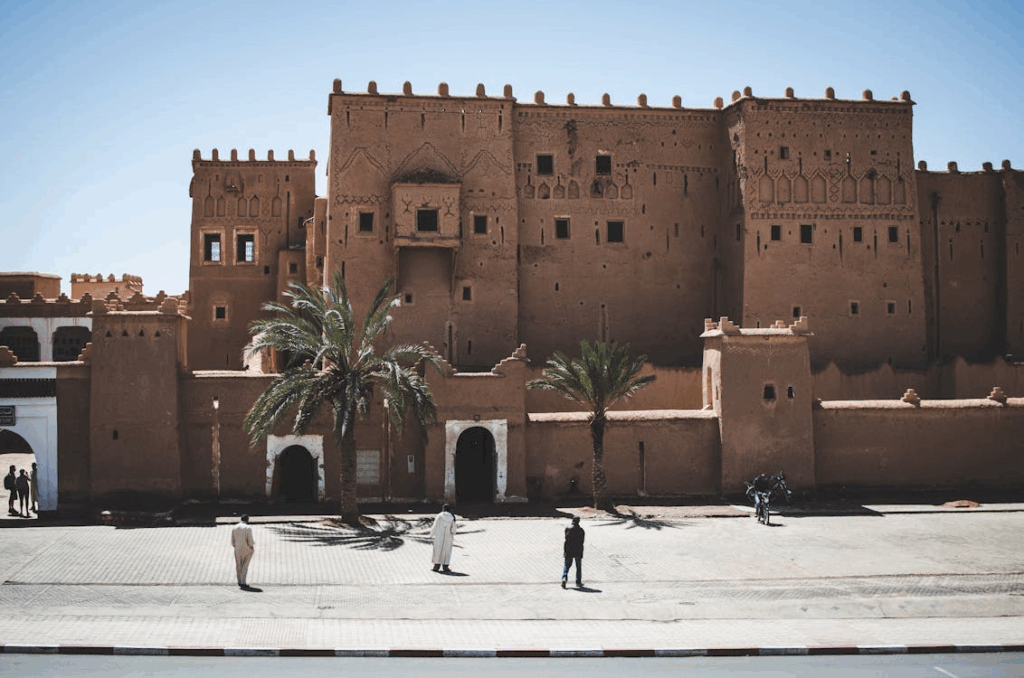
Morocco is visually stunning and rich in culture, but the experience for American tourists can be overwhelming and, at times, unpleasant. Cities like Marrakech are filled with vibrant souks, but also aggressive vendors and “guides” who follow you around hoping for a tip. Americans frequently report feeling harassed in the streets, especially women traveling alone, who may experience persistent and unwanted attention. Even those simply asking for directions often feel they’ve been pulled into a hustle. It’s not uncommon for someone to offer help and then demand money afterward. While this behavior is not reflective of all Moroccans—many are warm and deeply generous—the culture of street-level entrepreneurship can feel more like harassment than hospitality. For Americans used to clear boundaries and personal space, it can be a tough adjustment. Being polite but firm is often the best survival strategy.
15. Turkey
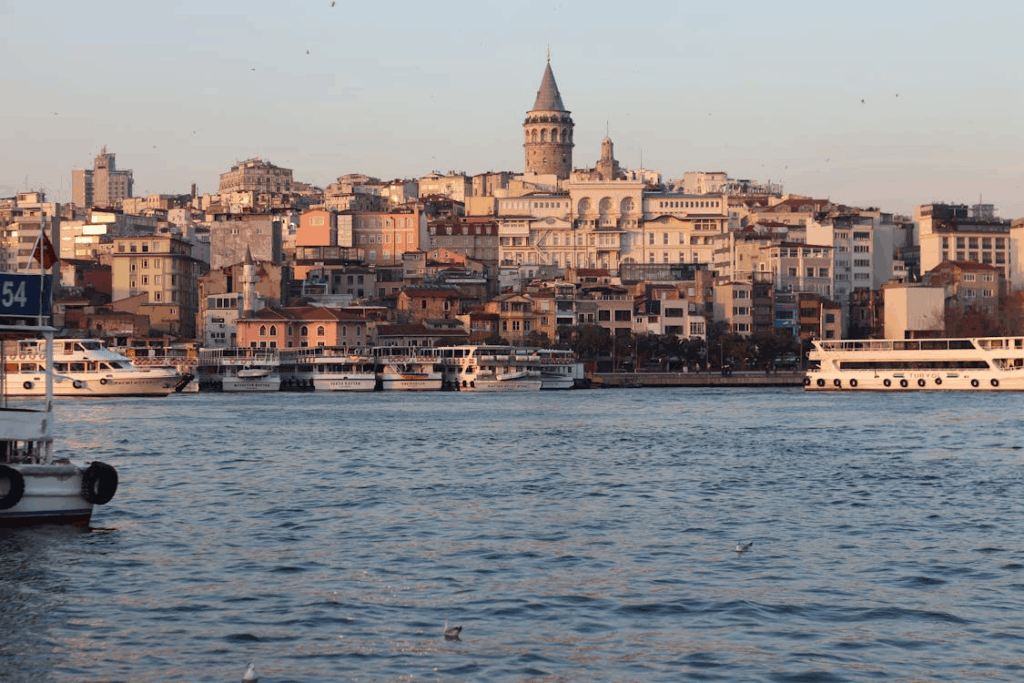
Turkey is a land of contrasts—blending East and West, ancient and modern—but that contrast extends to hospitality as well. In tourist-friendly spots like Istanbul or Cappadocia, locals may be warm and welcoming, but in others, Americans report blunt service and uneven treatment. Bargaining is common in markets, and those who don’t participate or who seem unsure are often treated with impatience. Some travelers feel locals size them up based on nationality and respond accordingly, with Americans occasionally getting the short end of the stick. Additionally, tipping culture differs, and a lack of it may offend service staff. Political tension between the U.S. and Turkey also plays a subtle role in how Americans are perceived—especially if the conversation turns to politics or religion. Still, those who take the time to learn about Turkish customs and approach with respect usually find the country far more hospitable than it first appears.
16. Israel
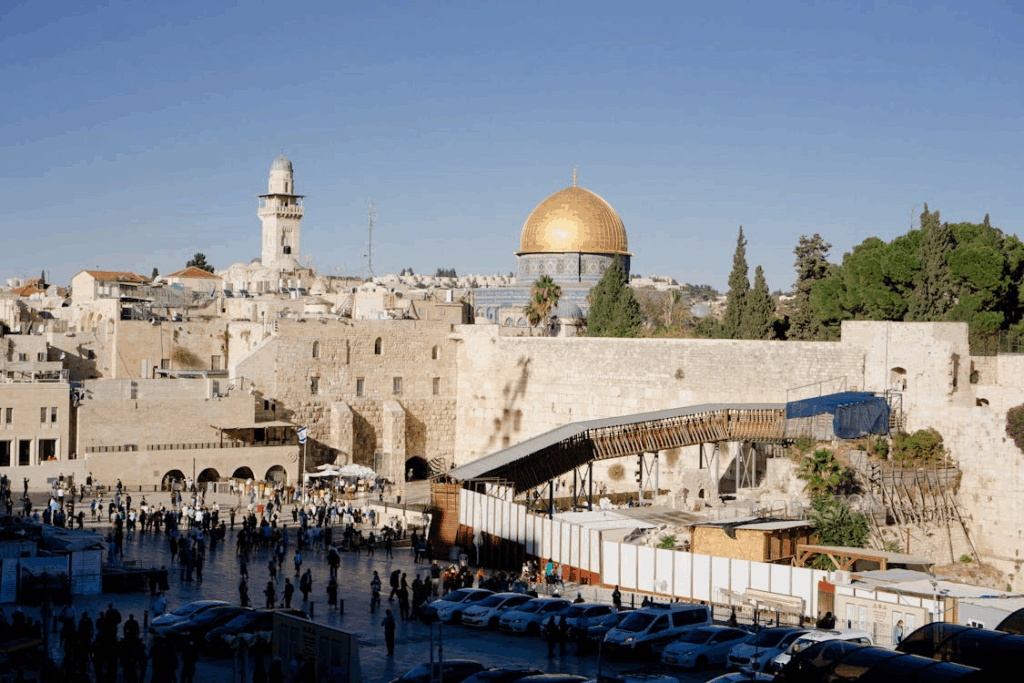
Israel is known for its vibrant energy and outspoken citizens, which can be a culture shock for many American travelers. What locals consider direct or efficient, Americans often interpret as rude or aggressive. It’s not uncommon to be interrupted mid-sentence, cut in front of in line, or receive blunt answers to questions—especially in cities like Tel Aviv or Jerusalem. In Israel, small talk isn’t common, and pleasantries are often skipped entirely in favor of getting to the point. This no-nonsense communication style can feel confrontational, especially for tourists expecting the more polite, indirect norms found in the U.S. Additionally, the ongoing political climate means conversations can quickly turn heated, and tourists who express opinions without context may be met with frustration or defensiveness. Still, behind the bluntness, many Israelis are helpful and warm—once you adjust to their pace and volume.
17. South Korea
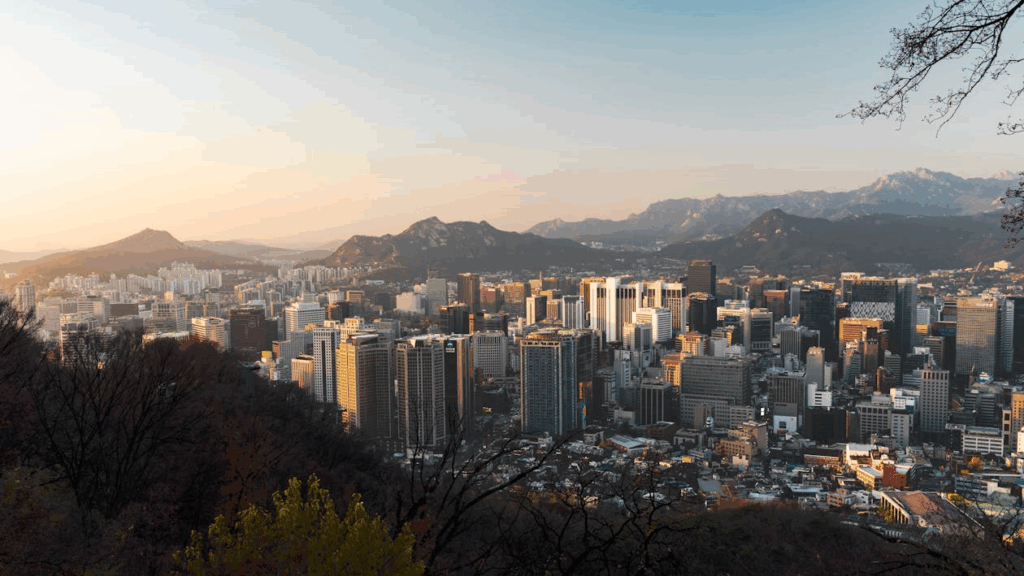
South Korea is fast-paced, modern, and orderly—but Americans often report feeling socially out of sync. Locals may avoid eye contact, remain silent in service settings, or appear cold when dealing with foreigners. This isn’t personal—it’s part of a culture that values subtlety and hierarchy. Americans who speak loudly, laugh boisterously in public, or act too casually in formal spaces may receive disapproving looks. In restaurants or shops, service is efficient but impersonal, and customer satisfaction isn’t always a priority. What Americans perceive as rudeness is often just reserved behavior meant to preserve dignity. In Seoul, where there’s more exposure to foreign tourists, this attitude is milder, but outside the capital, Americans can feel isolated and misunderstood. Still, once a connection is made, South Koreans can be incredibly loyal and generous—just don’t expect a warm welcome at first.
18. Vietnam
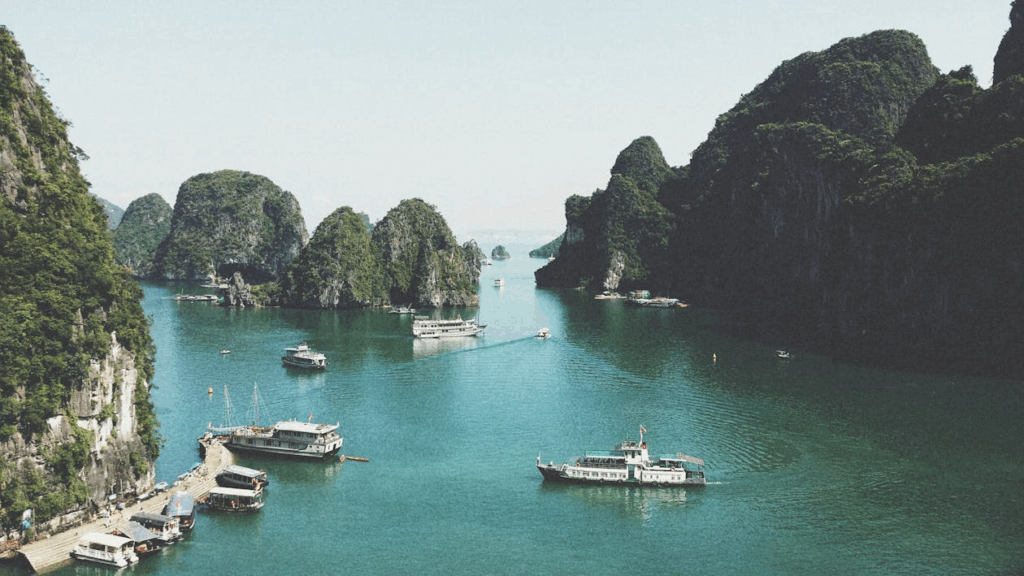
Vietnam is beautiful and historically rich, but American travelers sometimes face unfiltered local attitudes. In busy cities like Hanoi or Ho Chi Minh City, service workers can be impatient, and interactions are often rushed or dismissive. Americans often feel like they’re being overcharged, especially at markets or street food stalls where prices are rarely posted. Bargaining is standard, and if tourists don’t engage in it, they’re often seen as easy targets. Some travelers also report curt or uninterested responses when asking for help, and driving etiquette—or the lack of it—adds to the cultural disorientation. Vietnam’s fast-moving society doesn’t leave much space for hand-holding, so those who expect warm hospitality may be disappointed. That said, locals are often more receptive in rural areas, where fewer tourists go and where genuine curiosity often replaces city cynicism.
19. Thailand
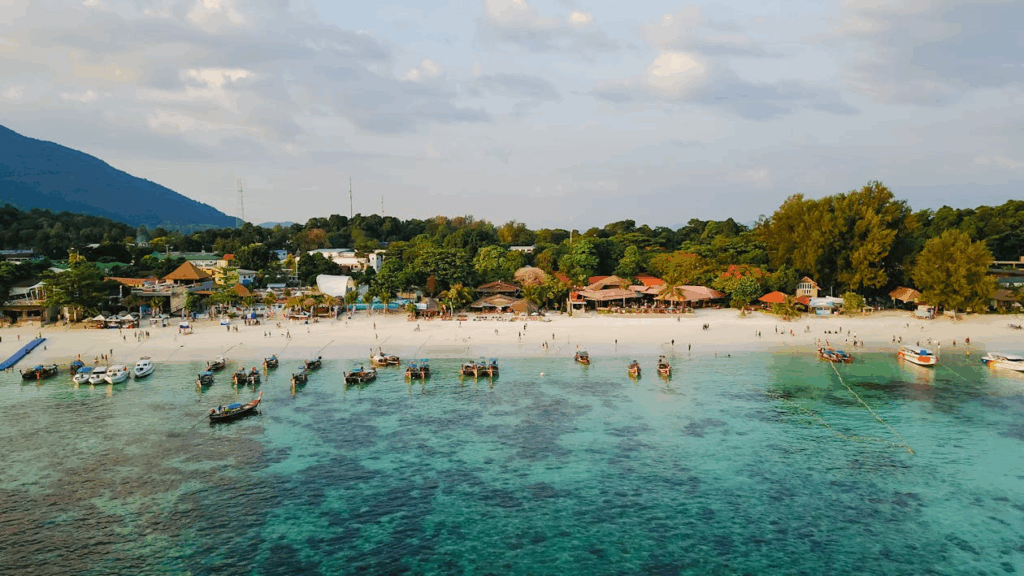
Thailand markets itself as the “Land of Smiles,” but American tourists sometimes find that smile doesn’t always reach the eyes. In major cities and tourist-heavy areas like Bangkok or Phuket, over-tourism has taken its toll. Some service workers show visible fatigue or disinterest, and pushy tactics from vendors can make tourists feel like walking wallets. While locals rarely express anger openly—thanks to a cultural value on saving face—passive-aggressive behavior can emerge, especially toward tourists who act disrespectfully or loudly. Americans who ignore cultural expectations, such as modest dress near temples or removing shoes indoors, may be subtly or silently snubbed. The contradiction between polite surface behavior and hidden resentment can be hard for U.S. travelers to read. Still, when travelers show cultural respect and avoid tourist traps, the legendary Thai hospitality tends to resurface.
20. United Arab Emirates

The UAE, particularly Dubai and Abu Dhabi, is known for its luxury and modernity—but beneath the glamour, there are strict cultural codes that can make American travelers feel uneasy or unwelcome. Public behavior is closely watched, and tourists who unknowingly violate modesty laws—like showing too much skin or engaging in public affection—can be reprimanded or even fined. Service can be excellent in hotels and high-end venues, but elsewhere, Americans sometimes feel brushed off or talked down to, especially if they appear culturally unaware. The class divide between locals, expats, and tourists is also stark, and it can affect how travelers are treated. While the country is generally safe and efficient, there’s a formality and rigidity that contrasts sharply with the relaxed, expressive behavior many Americans are used to. Understanding the rules in advance can go a long way—but don’t expect spontaneous friendliness.
21. Qatar
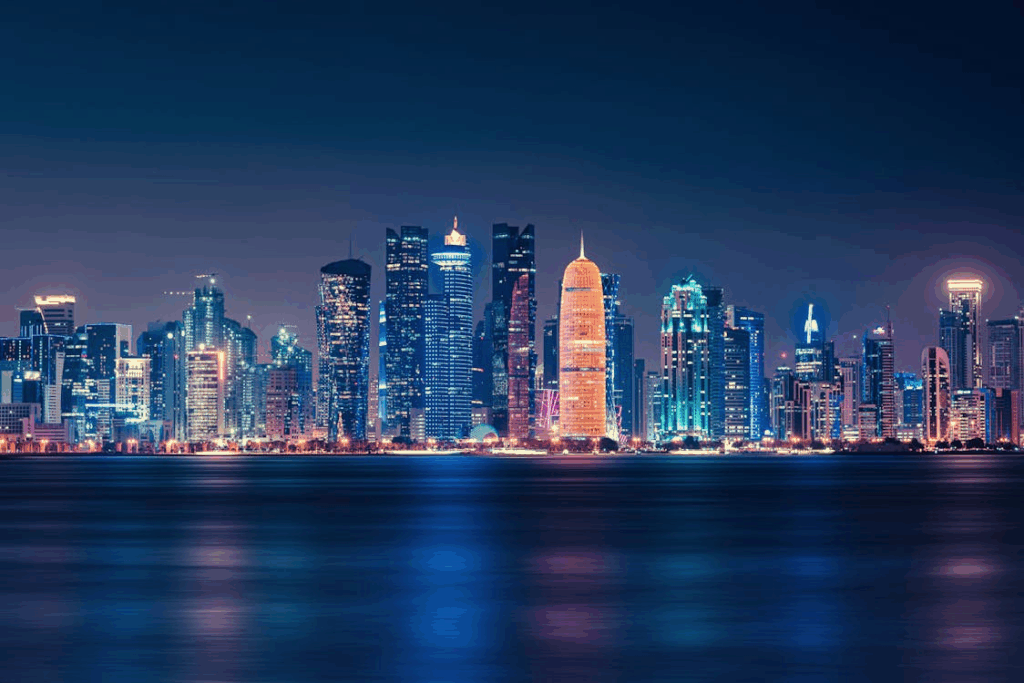
Qatar is one of the wealthiest countries in the world, with glittering skylines and spotless streets—but it also comes with strict cultural expectations that can make Americans feel out of place. Public modesty, gender roles, and behavior are heavily policed, and even small missteps—like wearing shorts in public or showing affection—can result in harsh stares or direct confrontation. While hotels and luxury venues often cater to Westerners, outside of these bubbles, tourists can feel unwelcome or ignored. Americans often report that service workers act distant, formal, or uninterested, particularly in places that aren’t geared toward tourism. Because the expat labor force is so dominant, there’s also an underlying social hierarchy that can make interactions feel awkward or dismissive. While the country is safe and highly organized, the coldness of everyday exchanges can be jarring to visitors who expect openness and flexibility.
22. Ukraine
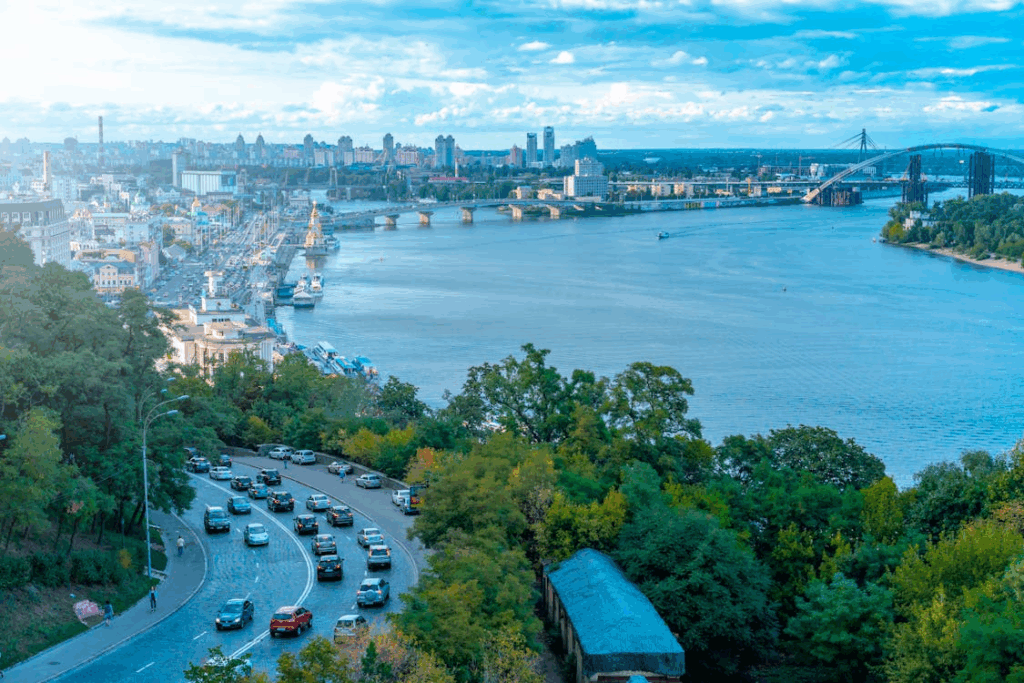
Before the war, Ukraine was already considered a tough place for American tourists looking for friendliness. While cities like Kyiv offer rich culture and vibrant nightlife, the overall attitude toward Westerners—especially those who don’t speak the language—is often reserved at best and hostile at worst. Locals may avoid eye contact, ignore requests for help, or respond bluntly to questions. Part of this is a legacy of Soviet formality, where smiling at strangers is not common and suspicion toward outsiders still lingers. Americans who are used to casual friendliness can easily mistake this stoicism for unkindness. Add in historical distrust of U.S. foreign policy, and it’s not hard to see why some travelers feel like they’re walking on eggshells. That said, those who take the time to learn a few phrases and behave with humility often find warmer interactions beneath the surface.
Read More: 25 Must-Visit Travel Destinations for 2025
23. Belarus

Belarus is not a typical tourist destination, and it shows. For Americans, visiting this Eastern European country can feel like stepping into a place where friendliness is neither expected nor offered. Locals often appear cold or even suspicious toward outsiders, and English is rarely spoken, making basic interactions challenging. Tourists report unfriendly customs officials, stone-faced shop clerks, and a general sense of being watched or judged. This is partly due to the country’s authoritarian climate and limited exposure to Western tourism. Americans, in particular, may feel a palpable tension when trying to navigate public spaces or ask for assistance. It’s not that the people are intentionally rude—it’s that the culture prioritizes privacy, order, and skepticism over warmth or openness. For those willing to tread lightly and respectfully, it’s still possible to enjoy the country’s architecture and history—but you likely won’t be greeted with a smile.
24. Hungary
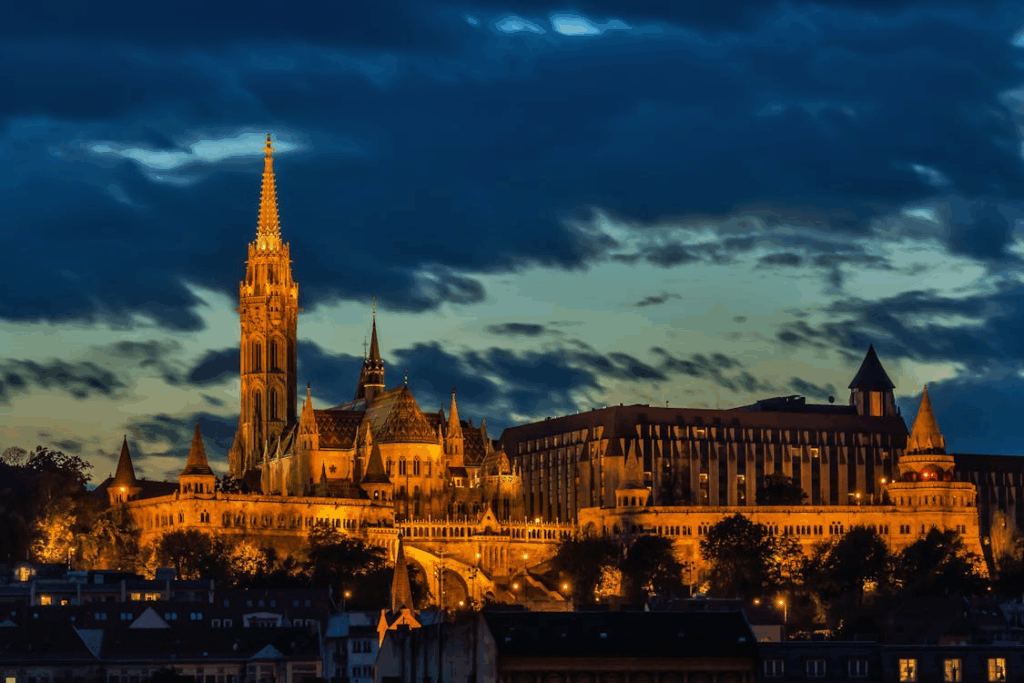
Hungary, and especially its capital Budapest, draws travelers with its grand buildings and rich heritage. But for American tourists, the interpersonal experience can feel starkly unfriendly. Service workers are often described as indifferent or impatient, and asking questions in English can draw a frustrated response. There’s a deep sense of pride in Hungarian culture, and locals may expect tourists to make some effort to understand the language or traditions. If you don’t, the cold treatment can follow swiftly. Restaurants may offer minimal interaction, and bureaucratic settings like train stations or banks can be particularly unpleasant. Some Americans interpret the reserved demeanor as arrogance or disdain, but locals often see it as normal professional conduct. Beneath this tough exterior, you’ll find that many Hungarians are helpful once mutual respect is established—but don’t expect a warm or enthusiastic welcome without earning it.
25. Czech Republic
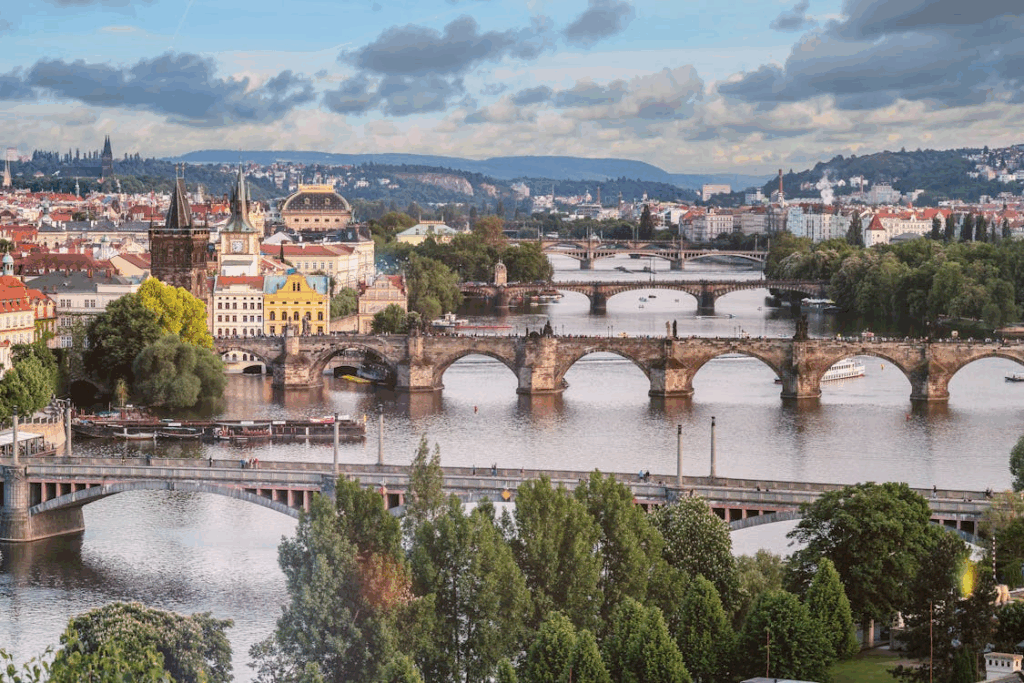
The Czech Republic—especially Prague—offers fairy tale architecture and stunning views, but service and local interaction often leave something to be desired for American tourists. Many visitors describe staff at restaurants or hotels as abrupt, impatient, or even outright rude. Smiling at strangers is not common, and friendliness in customer service is not a given. Part of the tension comes from the country’s complex relationship with tourism. Prague has been inundated with visitors for years, and the fatigue shows. Locals are often fed up with rowdy tourists, especially those who don’t respect local customs or treat the city like a party zone. Americans, known for being loud and casual, sometimes get lumped into this stereotype. While the country is generally safe and beautiful, the cultural divide in communication and hospitality norms makes it easy for American travelers to feel unwelcome unless they approach every interaction with tact and patience.
26. Slovakia
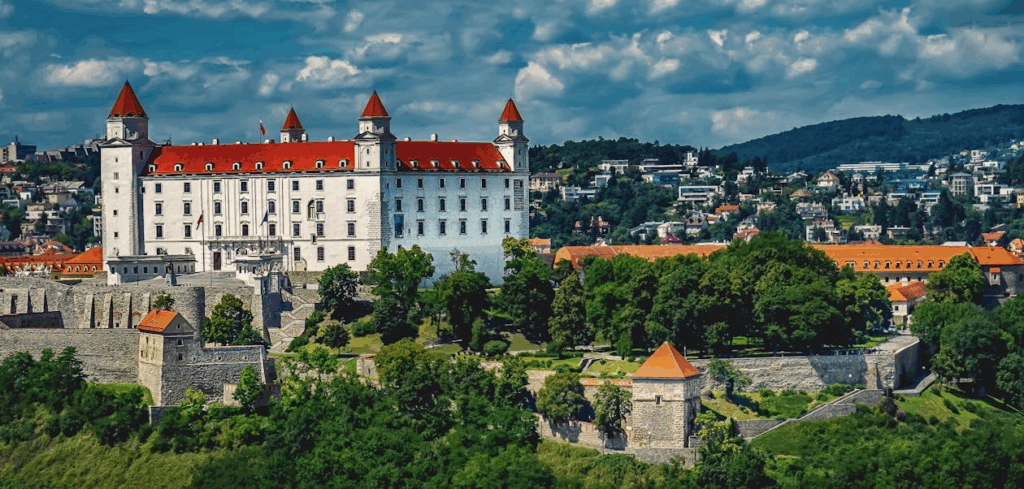
Slovakia is filled with scenic castles and charming villages, but it’s not exactly known for its warmth toward tourists. American travelers often describe locals as standoffish or unwilling to engage in friendly conversation. While English is spoken in major cities like Bratislava, smaller towns can be more challenging, with minimal effort made to accommodate non-Slovak speakers. The service industry tends to be highly formal and often lacks the customer-first attitude Americans expect. Requests at hotels or restaurants may be met with blank stares or curt responses. This isn’t because Slovaks are hostile—it’s more about cultural reserve and a national preference for efficiency over friendliness. Tourists who come off as overly casual, demanding, or disrespectful of local customs are unlikely to receive much patience. If you make the effort to learn a few Slovak phrases and approach with humility, however, you’re more likely to break through the ice.
27. Poland
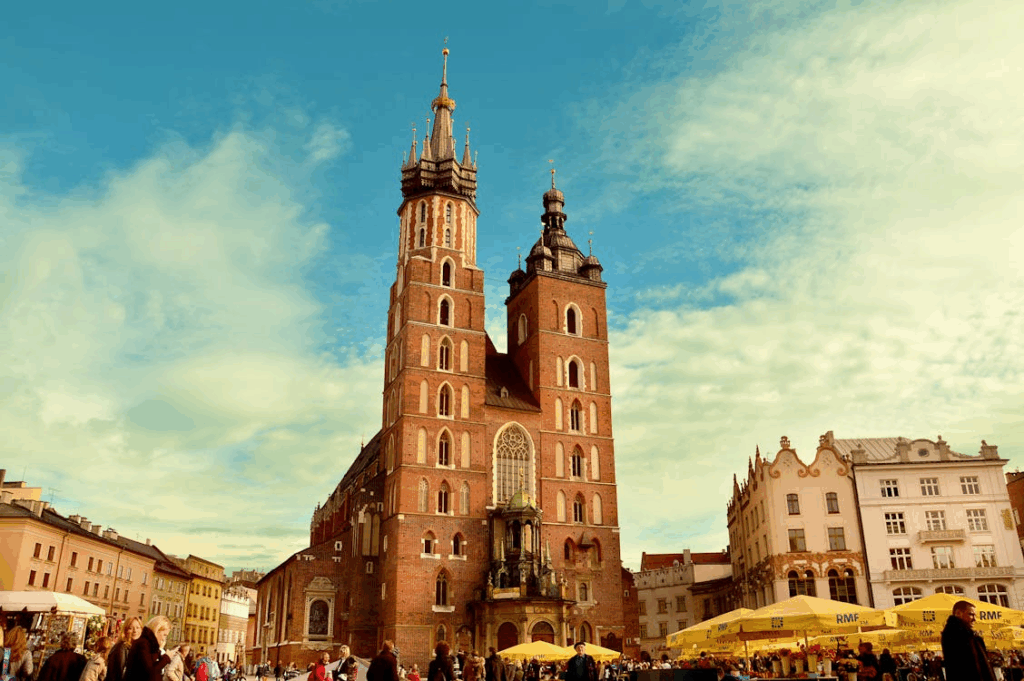
Poland is rich in history and pride, but American tourists often run into cultural roadblocks when it comes to warmth and hospitality. The service style in many restaurants and public venues is more reserved, even stern. Smiles are rare, especially in places like Warsaw or Kraków, where over-tourism has created burnout among hospitality workers. Americans who are used to constant attention from waitstaff may interpret the “hands-off” approach as rudeness. In fact, locals tend to see overly enthusiastic behavior as fake or superficial. Political tensions can also play a role, as some Poles hold critical views of Western policies. While the average person isn’t aggressive, the lack of friendliness or small talk often leads travelers to feel brushed aside. Still, those who show genuine interest in Polish history and avoid acting entitled often find deeper, more sincere connections—just not immediately.
28. Serbia

Serbia is rugged, dynamic, and full of cultural depth—but American tourists may find interactions less than welcoming. In Belgrade and other cities, there’s a strong undercurrent of nationalism and pride, and locals can be skeptical of foreigners, particularly Americans. Some tourists report being ignored in stores or treated coldly in cafes and markets. There’s also a lingering historical resentment related to the NATO bombings in the late 1990s, which many locals haven’t forgotten. That tension, while not openly aggressive, can affect the tone of interactions. Service staff might appear indifferent or irritated, and direct communication is often mistaken for rudeness. That said, many Serbians are also incredibly hospitable—once you get past the initial barrier. Respectful curiosity, a basic grasp of Serbian etiquette, and avoiding political topics can dramatically shift how you’re treated.
29. Romania
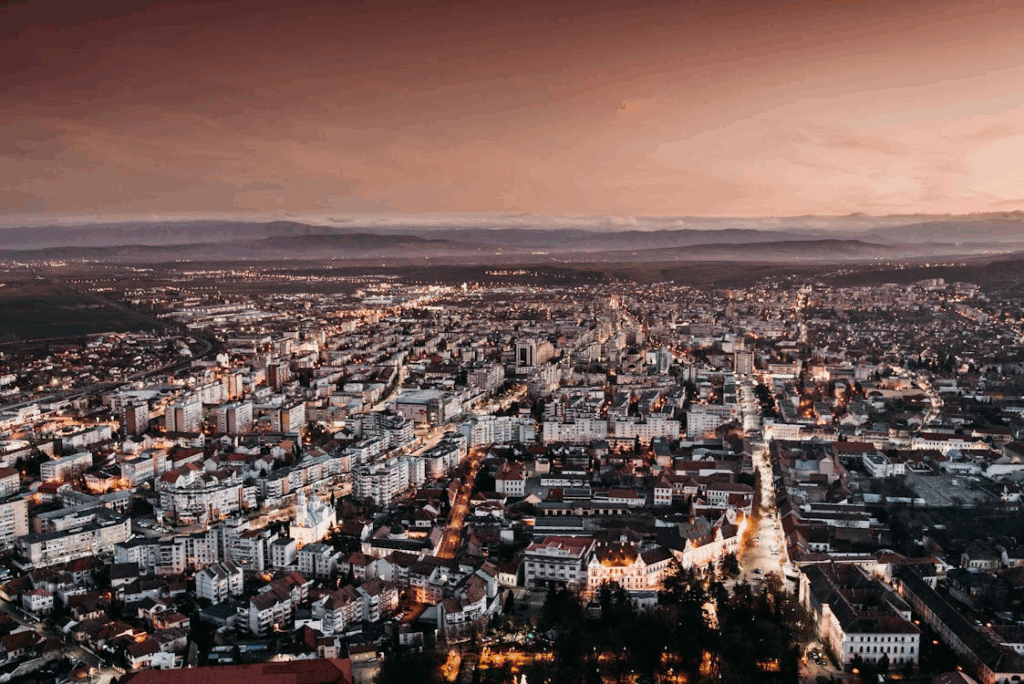
Romania is a country of contrasts, with stunning landscapes and medieval towns—but Americans sometimes experience a cold reception. In places like Bucharest or Cluj-Napoca, tourists often note that service workers are abrupt and show little patience for questions or indecision. Smiling at strangers or making small talk isn’t customary, and doing so might actually make locals uncomfortable. There’s a cultural emphasis on seriousness and directness, and excessive friendliness can be viewed as insincere. Americans may also experience confusion around tipping and customer service expectations, which differ significantly from the U.S. Additionally, a lack of widespread English fluency in smaller towns can lead to awkward or frustrating encounters. Romania isn’t hostile—it’s just not overly concerned with catering to the emotional comfort of tourists. With effort and cultural awareness, however, many travelers do find warmth beneath the surface formality.
30. Bulgaria

Bulgaria is still somewhat off the mainstream tourist radar, and that unfamiliarity can sometimes make Americans feel unwelcome. Locals are often wary of outsiders, and in places where English isn’t widely spoken, travelers may be met with impatience or indifference. Service in restaurants or shops can feel slow or inattentive, and smiling for the sake of politeness isn’t the norm. In fact, the head gestures for “yes” and “no” in Bulgaria are the reverse of what most Americans are used to—nodding can mean no, and shaking your head can mean yes—adding to the confusion. This cultural disconnect, combined with lingering suspicion of Western influence from the Cold War era, contributes to what some perceive as rudeness. Still, those who explore with respect and an open mind often discover Bulgarians to be helpful and proud of their heritage—once trust is established.
31. Tunisia

Tunisia offers beautiful Mediterranean beaches and ancient ruins, but American tourists often find the street-level experience exhausting. In popular cities like Tunis or Sousse, persistent vendors, unsolicited tour guides, and constant haggling can wear travelers down quickly. Many Americans report feeling harassed rather than helped, particularly in marketplaces where the pressure to buy is relentless. There’s also frustration around unclear pricing, with tourists often charged double or triple the local rate unless they negotiate aggressively. Service in hotels and restaurants can be inconsistent—friendly one moment, then indifferent or impatient the next. This isn’t necessarily personal; tourism is a key source of income, and competition is fierce. However, the aggressive sales tactics and lack of boundaries can leave visitors feeling more like walking wallets than guests. Travelers who assert themselves firmly but respectfully tend to fare better, though even seasoned tourists find Tunisia’s tourism hustle intense.
32. Algeria
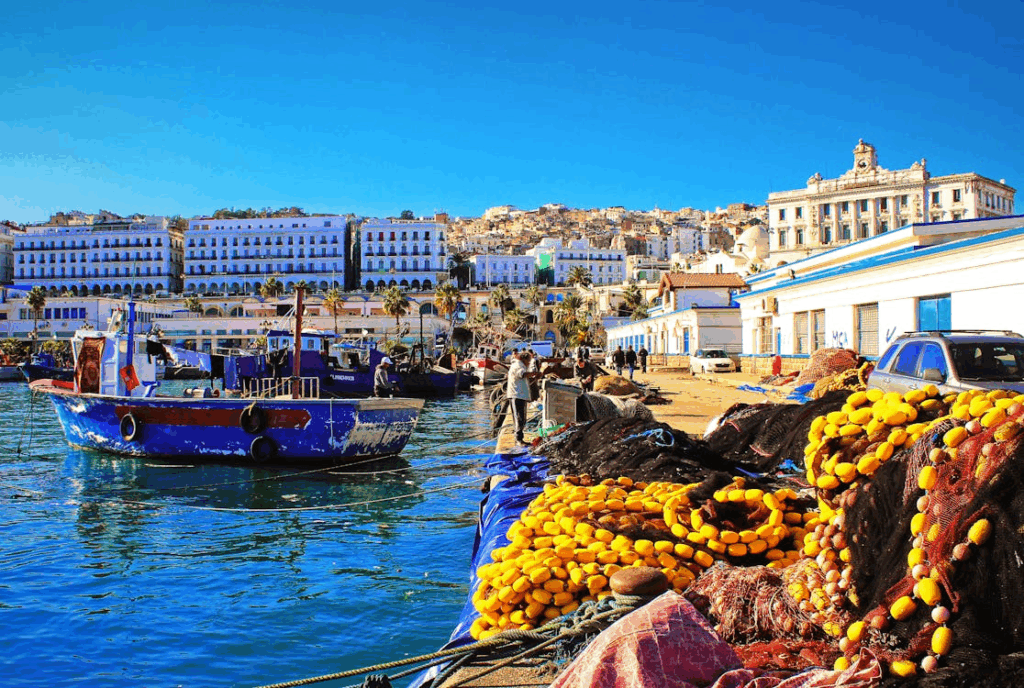
Algeria isn’t a top vacation destination for Americans, and that unfamiliarity contributes to the chilly reception many report. The country has a complex relationship with the West, and Americans sometimes find themselves treated with suspicion or outright hostility—especially in areas unaccustomed to tourists. Even in cities like Algiers, interactions with locals can be tense, and travelers frequently describe the bureaucracy and red tape as nightmarish. Customer service is minimal at best, and English is rarely spoken, leading to communication breakdowns that often escalate into frustration on both sides. Police and military presence is strong, and encounters with authorities can be intimidating for Americans, especially if cultural expectations aren’t followed closely. While the country has stunning deserts and rich history, the hospitality experience often feels guarded or transactional. Travelers are advised to read up on etiquette and remain highly respectful—this isn’t a place for casual or spontaneous travel.
33. Pakistan
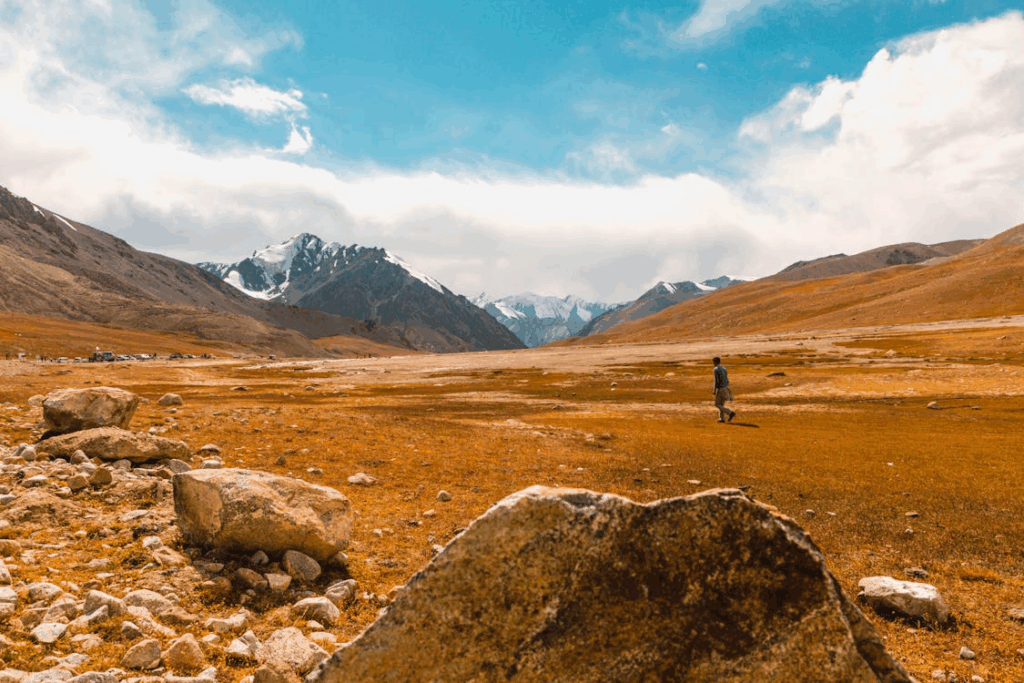
Pakistan is a country of warm hospitality in many private settings, but public interactions can be highly inconsistent—especially for American tourists. In cities like Karachi or Lahore, Americans often feel stared at, questioned, or treated with suspicion. Language isn’t a huge barrier, as English is widely understood, but cultural differences can lead to misunderstandings that quickly turn uncomfortable. Security concerns also play a role, with checkpoints, questioning, and heavily guarded areas making travel feel more like a military operation than a holiday. Service in shops and restaurants may range from overly attentive to completely dismissive, depending on the mood and the setting. Some locals are deeply curious about Americans, while others hold strong political or religious opinions that influence how they engage. For tourists who take care to dress modestly, respect local norms, and avoid sensitive topics, positive experiences are possible—but the environment often feels tense.
34. Iran
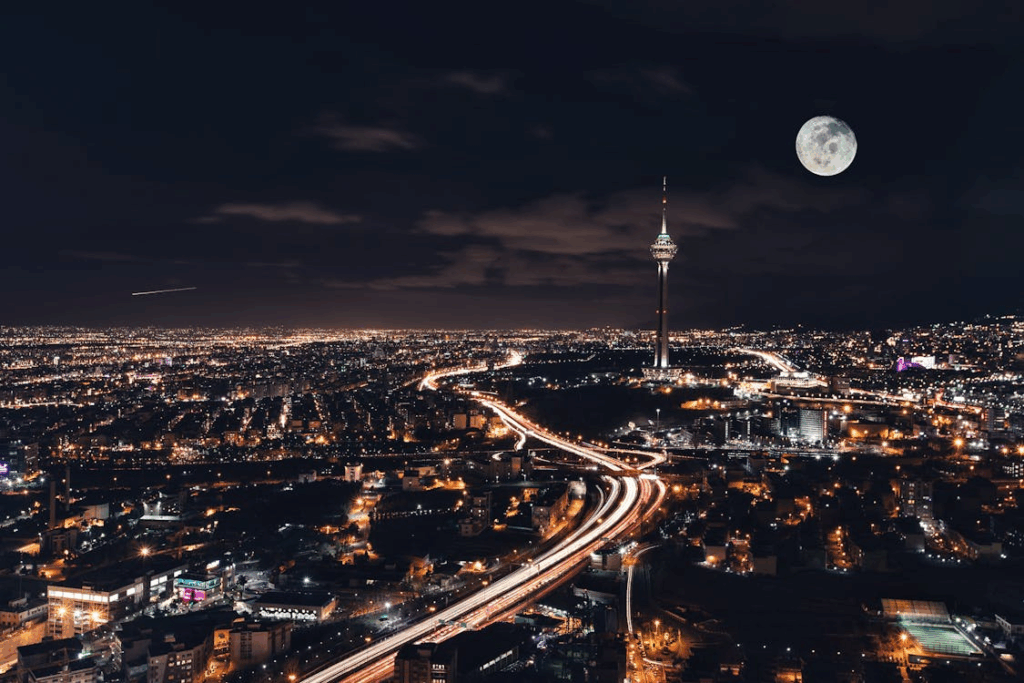
Iran is a deeply misunderstood destination. While many Americans are surprised by the warmth of Iranian hospitality in private homes, the overall travel experience can still feel tense and unwelcoming. Political tensions between the U.S. and Iran have shaped public perception, and American tourists may face extra scrutiny from officials at airports, checkpoints, or hotels. Interactions with locals in public are often cautious, and some Iranians may avoid engaging altogether for fear of government attention. Service can be cold or highly formal, and English is not as commonly spoken as in neighboring countries. While there’s no widespread animosity toward Americans as individuals, the shadow of diplomacy looms over many exchanges. That said, those who engage thoughtfully and respectfully—especially in more rural or conservative regions—often find moments of sincere kindness. Still, for travelers accustomed to Western-style tourism, Iran’s heavy social and political codes can feel stifling.
35. Venezuela
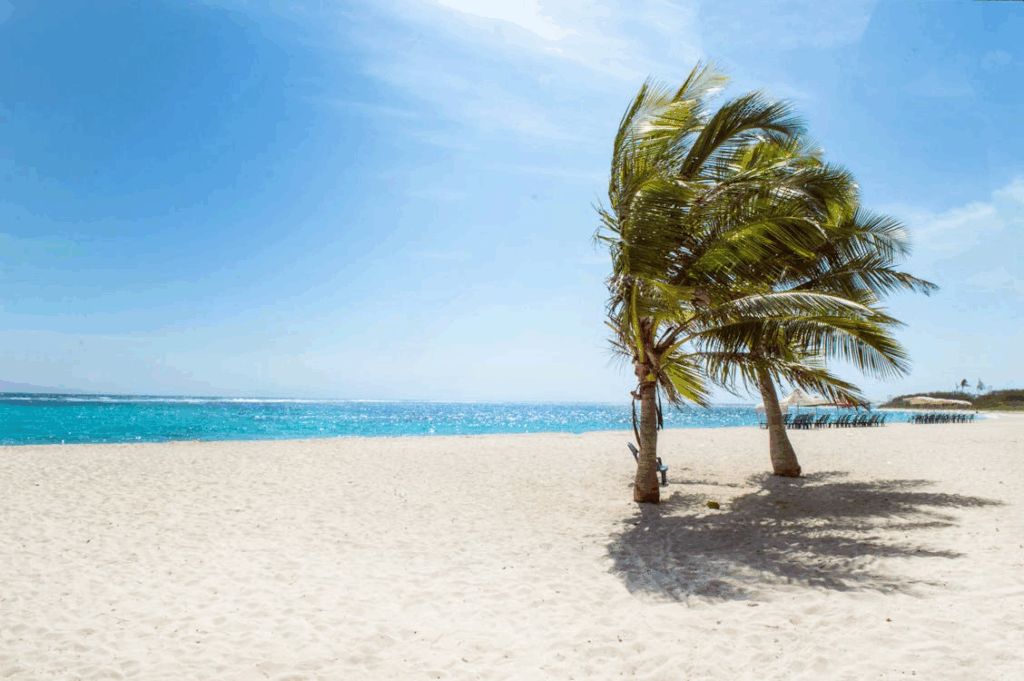
Venezuela’s economic collapse and political instability have had a major impact on tourism—and not in a good way. For American visitors, the atmosphere is often one of suspicion, scarcity, and tension. Many locals are struggling, and there’s little patience for tourists who appear privileged or unaware of local hardships. Americans may be overcharged, followed, or treated coldly in public spaces, especially in Caracas, where security concerns are high. Shortages, power outages, and inflation mean customer service is minimal, and navigating basic logistics like transportation or lodging can be extremely frustrating. There’s also a general mistrust of U.S. policy and its perceived role in Venezuela’s crisis, which some locals may not hesitate to express. That said, hospitality does exist, especially in rural communities where kindness and survival often go hand in hand. But overall, Venezuela remains a very difficult and emotionally taxing destination for Americans.
36. South Africa
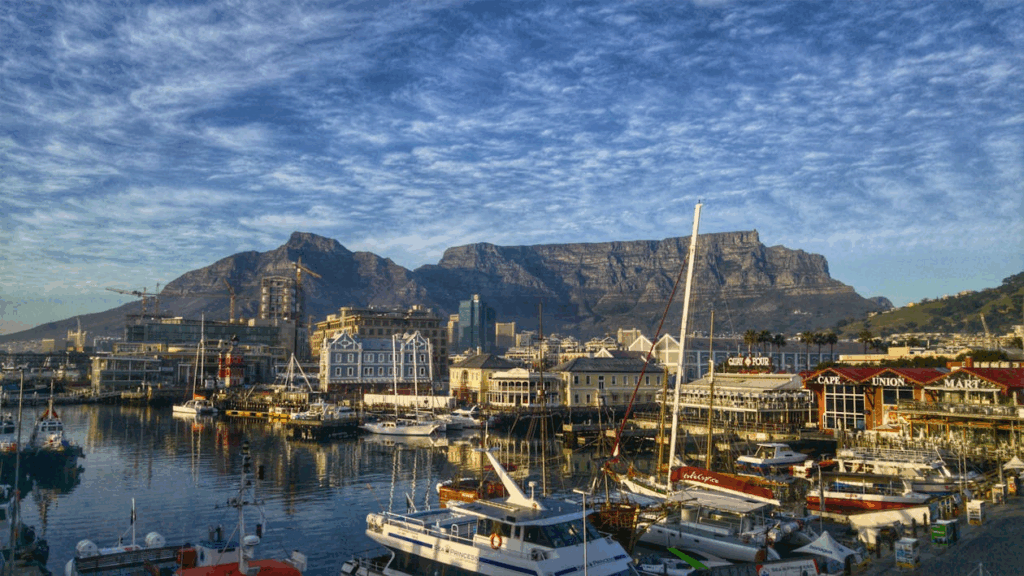
South Africa is a complex country with stunning landscapes and deep cultural diversity, but American tourists often face uneven experiences when it comes to friendliness. In cities like Johannesburg and Cape Town, some travelers report being treated with coldness or suspicion, particularly in service industries where tipping norms differ and cultural misunderstandings are common. Race and class issues also factor in, with some Americans unknowingly stepping into sensitive conversations or situations. Locals may view foreign tourists, especially loud or flashy ones, as tone-deaf to the country’s complicated history. While many South Africans are warm and welcoming, especially in hospitality or tour settings, the street-level experience can feel impersonal or brusque. Crime concerns and security warnings also heighten tension in interactions, sometimes making even casual conversations feel cautious or guarded. Those who show awareness of the country’s social dynamics and make an effort to connect on a human level usually fare much better.
37. Zimbabwe

Zimbabwe’s natural wonders, like Victoria Falls, attract plenty of tourists—but the broader travel experience is often marred by a sense of tension and formality that can feel off-putting. American travelers frequently report unfriendly service, overcharging, or being treated like intruders. The country’s ongoing economic crisis and political instability have created a mood of general distrust, and foreign visitors are sometimes viewed as opportunists. Public sector workers, such as police or airport staff, may appear rude or impatient, especially when dealing with passport control or customs issues. Outside the tourist zones, interactions with locals can be strained or entirely avoided, especially if you don’t speak the local languages or dress modestly. While Zimbabweans are incredibly resilient and kind in private settings, the visible stress of daily life often overrides hospitality. Americans looking for warmth and openness need to approach carefully, with empathy and humility as their travel tools.
38. Nigeria
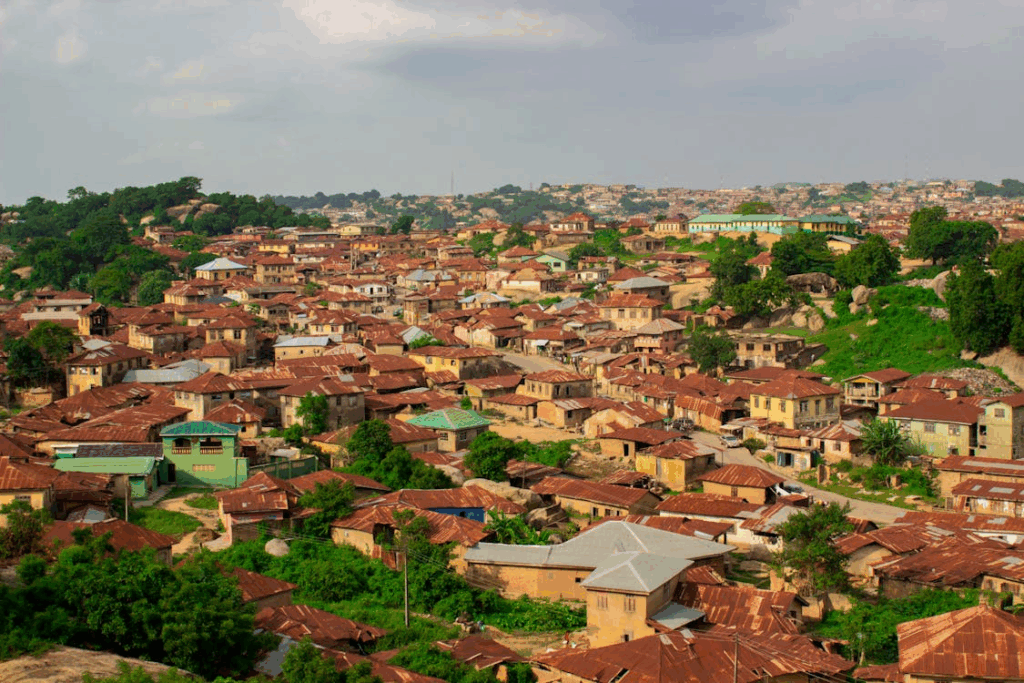
Nigeria is vibrant, chaotic, and bursting with culture—but for American travelers, it can also feel overwhelming and occasionally hostile. In major cities like Lagos or Abuja, the pace is fast and directness is the norm. Locals may be blunt, pushy, or even confrontational during negotiations or service encounters. Bureaucracy is slow and often accompanied by visible impatience or apathy. Americans unfamiliar with this no-nonsense style can misread it as rudeness, especially when dealing with officials or service providers. There’s also a deep-rooted suspicion of outsiders, fueled by decades of political turmoil and scams, which can make even innocent questions feel like accusations. That said, Nigerians are also famously expressive and welcoming once relationships are formed—just don’t expect warmth without effort. Loud confidence is respected, but arrogance is not. To navigate Nigeria smoothly, travelers should stay alert, avoid assumptions, and understand that respect here is earned, not given by default.
39. Kenya

Kenya’s stunning safari experiences and national parks attract countless tourists, but the reception outside of curated excursions can be uneven. In Nairobi and Mombasa, Americans sometimes report a sense of being treated transactionally, particularly by taxi drivers, vendors, or guides who expect tips or inflated prices. While the hospitality industry generally treats visitors well, interactions outside of it can feel cool or impatient, especially when tourists are seen as naive or disrespectful. English is widely spoken, but miscommunications still occur, and those who appear uninformed about local customs might receive subtle rudeness or sarcasm. There’s also a growing frustration with over-tourism in certain areas, which can make locals less inclined to go out of their way for foreign visitors. However, those who approach with cultural awareness and humility often experience genuine kindness. The warmth is there—it’s just not guaranteed if you come across as entitled or dismissive.
40. Indonesia

Indonesia is a diverse archipelago with friendly communities and stunning scenery, but American travelers don’t always find the hospitality to be consistent. In tourist-saturated areas like Bali, there’s a growing sense of local frustration with Western visitors who disrespect customs or overstay their welcome. Americans who ignore dress codes at temples or behave inappropriately in sacred spaces are often met with visible annoyance or verbal corrections. Even in urban centers like Jakarta, service can be hit-or-miss, ranging from extremely warm to disinterested or abrupt. The tourism industry is strong, but the volume of foreign visitors has led to some erosion in patience—particularly for those who don’t make an effort to understand local norms. Tipping is not always expected, but being generous and polite helps improve interactions. Travelers who stay respectful, ask questions humbly, and avoid acting entitled usually find the experience much more positive than those who treat the country like a playground.
41. Malaysia
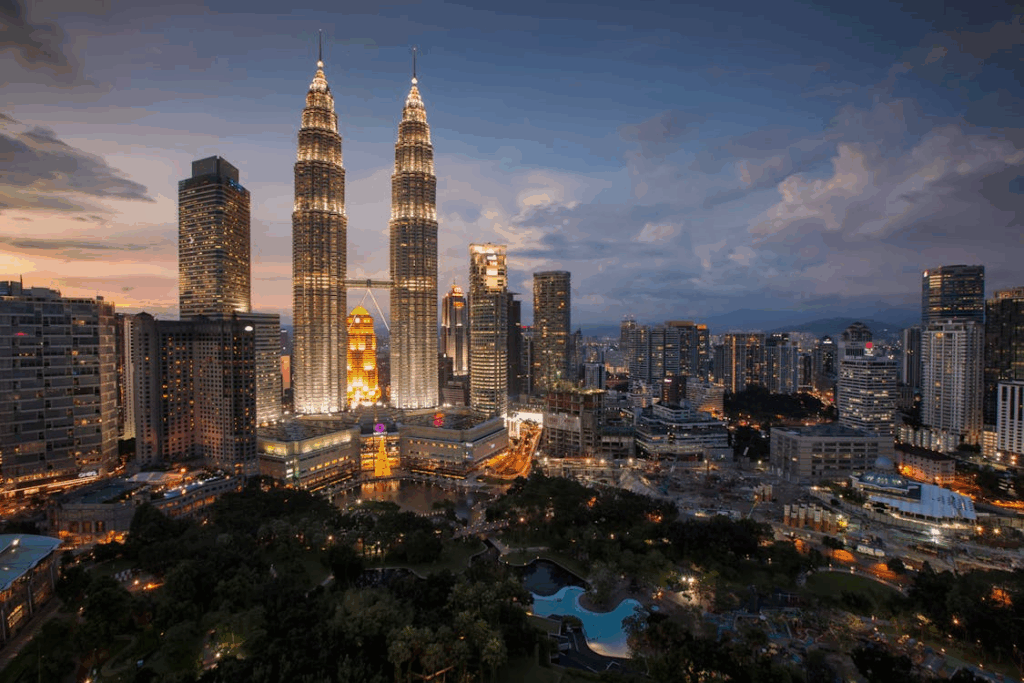
Malaysia is a culturally rich nation that blends Malay, Chinese, and Indian influences, but American tourists may sometimes encounter friction in social interactions. In cities like Kuala Lumpur, people are generally polite but reserved, and American directness or informality may be seen as disrespectful. Religious and cultural expectations are taken seriously here, especially in rural areas or during religious holidays, and tourists who don’t follow modest dress codes or public behavior norms may face silent judgment or outright scolding. Service in shops or restaurants is efficient but often lacks the warmth or small talk many Americans expect. Additionally, English is spoken widely but not universally, and misunderstandings can lead to impatience or curt responses. Cultural humility and awareness go a long way—those who take time to learn local etiquette and remain respectful of Malaysia’s traditions usually receive much more gracious treatment.
42. Kazakhstan
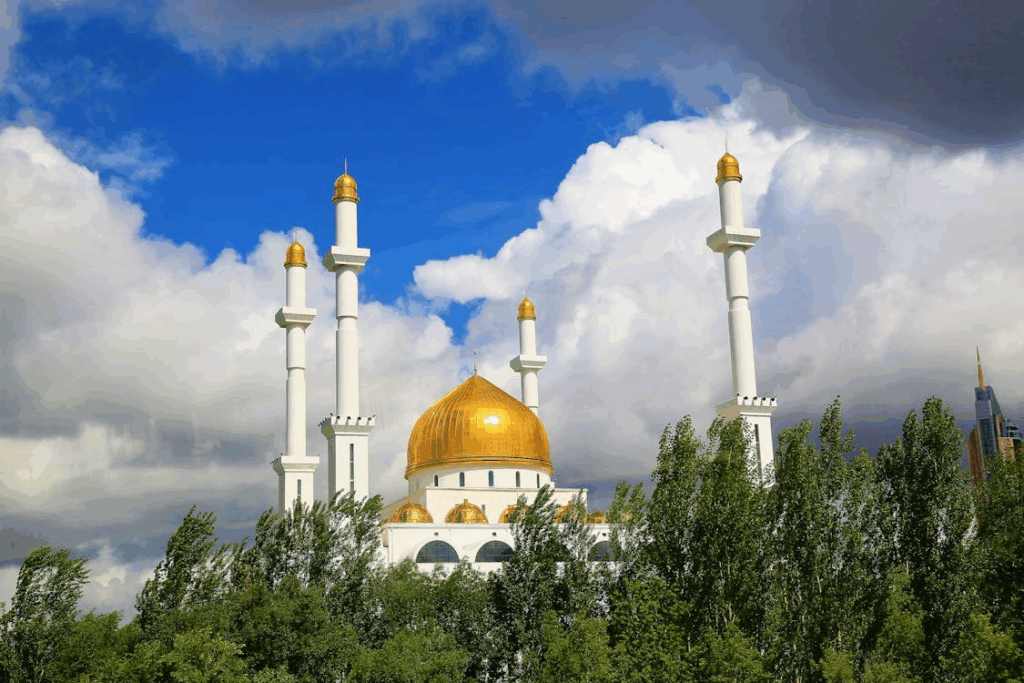
Kazakhstan is vast, mysterious, and still largely unexplored by mainstream tourism, which means Americans may find a cold reception—literally and figuratively. In cities like Almaty or Astana, people tend to be formal and not especially expressive. Smiling at strangers or chatting with service workers is uncommon, and Americans used to open friendliness can feel the sting of indifference. English is limited outside major hotels, and even small attempts at conversation may be dismissed if the speaker isn’t fluent in Russian or Kazakh. There’s also a sense of suspicion toward outsiders, especially those asking too many questions or appearing too informal. Bureaucratic interactions, like visa checkpoints or hotel registrations, are often conducted without emotion or explanation, leaving tourists feeling brushed off or unwelcome. While not aggressive, the general lack of warmth makes Kazakhstan a challenging destination for travelers who expect connection over efficiency.
43. North Korea

North Korea is one of the most secretive and tightly controlled countries on Earth—and rudeness isn’t the problem so much as constant surveillance and tension. For the rare American who is permitted to visit (usually on a highly restricted guided tour), every move is watched, every interaction monitored. Locals are forbidden from casually interacting with tourists, and attempting to strike up a conversation without permission can lead to serious consequences for everyone involved. The government’s propaganda-driven view of the U.S. further affects how Americans are perceived, even if no words are exchanged. Visitors often report a chilling lack of freedom and forced politeness from guides that feel rehearsed. There’s no room for independent exploration or spontaneous connection. The absence of warmth isn’t personal—it’s systemic. Still, it ranks high on this list because for American travelers, the environment feels sterile, fearful, and deeply unfriendly on every level.
44. Afghanistan
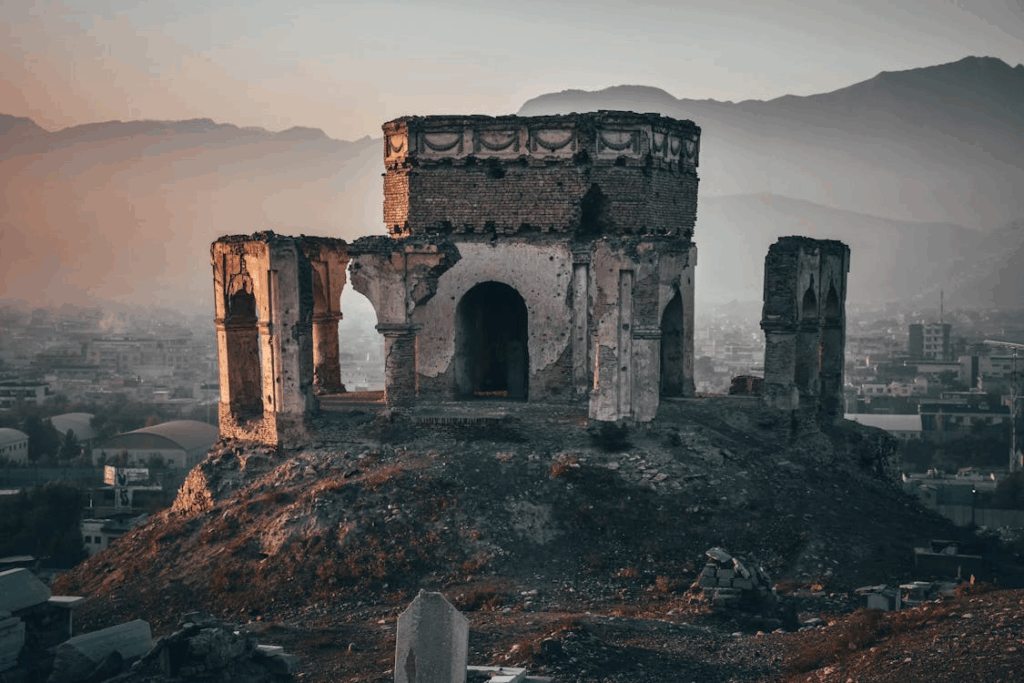
Afghanistan is extremely dangerous for American travelers and not a recommended destination due to ongoing conflict, extremist activity, and government instability. However, for those who do visit in rare circumstances—typically humanitarian workers or journalists—the social environment can be intensely unwelcoming. Suspicion of foreigners, especially Americans, runs high, particularly in areas with active insurgent groups or recent conflict. Local customs are also strict and deeply rooted in conservative religious values, meaning any perceived cultural misstep—especially by women—can provoke hostile reactions. While many Afghans are hospitable in private, public interactions are often marked by tension or visible discomfort. Military checkpoints, language barriers, and a lack of tourism infrastructure only make things harder. The threat level alone makes the country feel closed off, but even without that, Americans are unlikely to find friendly or relaxed interactions.
45. Somalia
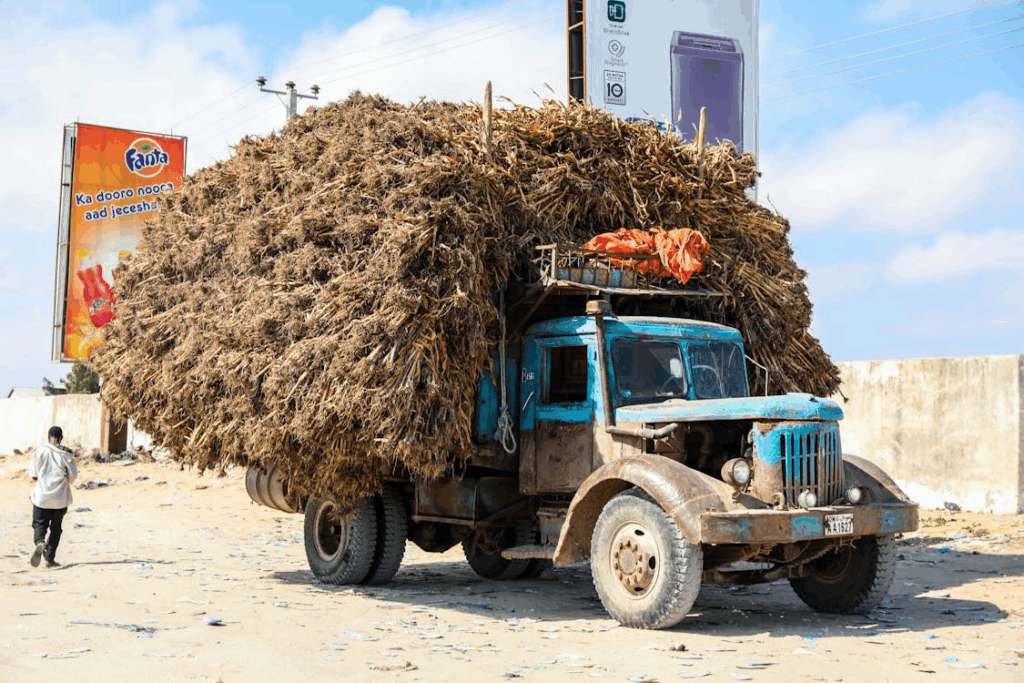
Somalia is not considered safe for tourism, and American travelers are strongly discouraged from visiting due to high risks of kidnapping, terrorism, and piracy. However, in the rare case that Americans enter the country—typically under diplomatic or security escort—the experience is often marked by extreme caution and limited public engagement. Locals may be curious but fearful, while others may see foreigners as targets or symbols of outside interference. Public infrastructure is limited, and services for visitors are minimal to non-existent. While Somali hospitality is real and valued in local culture, the security situation prevents most Americans from experiencing it. The constant threat of violence creates an atmosphere of suspicion and wariness that overwhelms any chance of warm interactions. Simply put, this is not a country where Americans should expect friendliness, openness, or even basic civility in most public settings.
Final Thought

Traveling abroad is one of the best ways to grow your worldview, but it also means stepping into cultures that don’t always match your expectations. What feels like rudeness in one country might just be a different way of communicating, shaped by history, politics, or deep-rooted social norms. For Americans, who often prize openness, friendliness, and casual service, some destinations can feel icy, blunt, or even hostile. But that doesn’t always mean you’re unwelcome—it might just mean you need to adapt. Respect, humility, and curiosity go a long way in turning awkward interactions into rewarding experiences. Every country on this list has its reasons—and once you understand them, your trip becomes less about feeling rejected and more about connecting on the world’s terms, not just your own.
Read More: 15 Best Countries to Travel To in 2025

